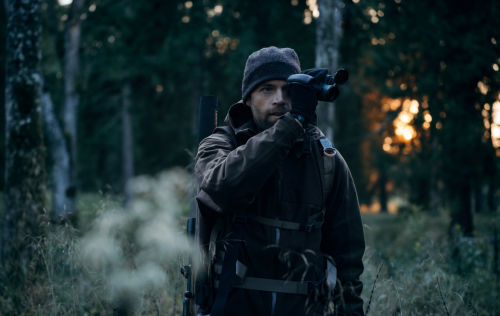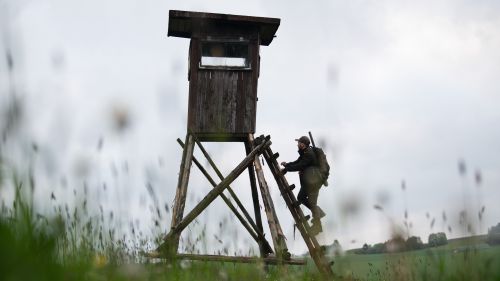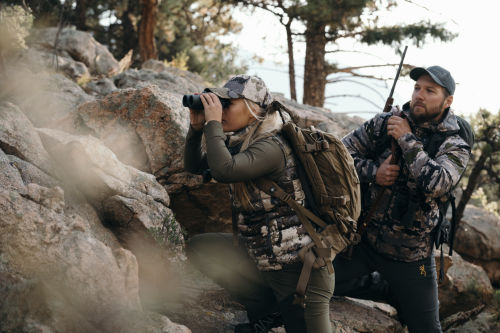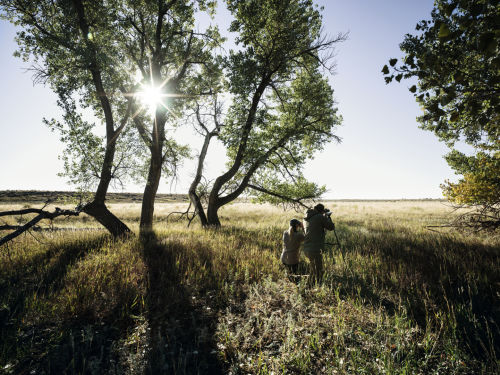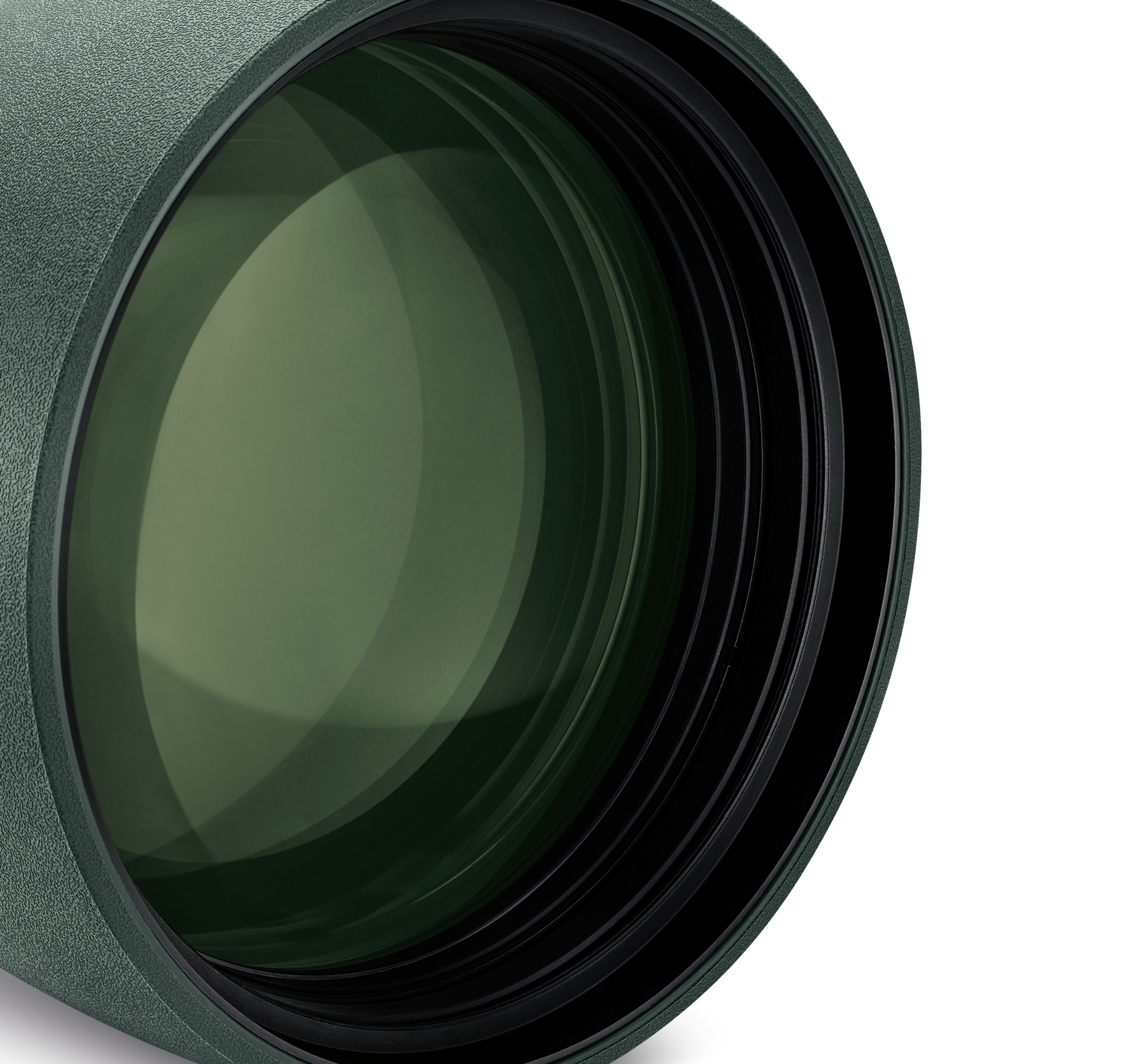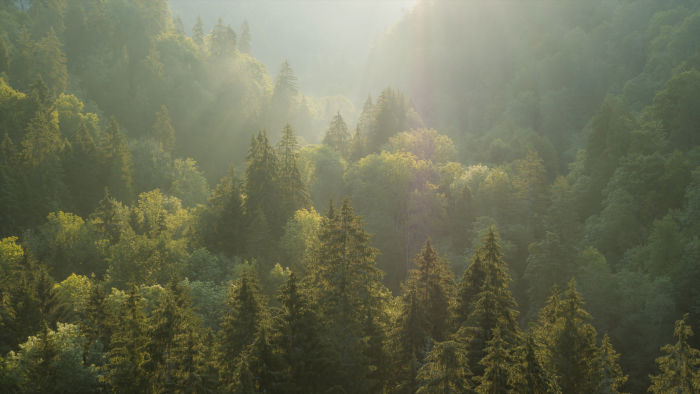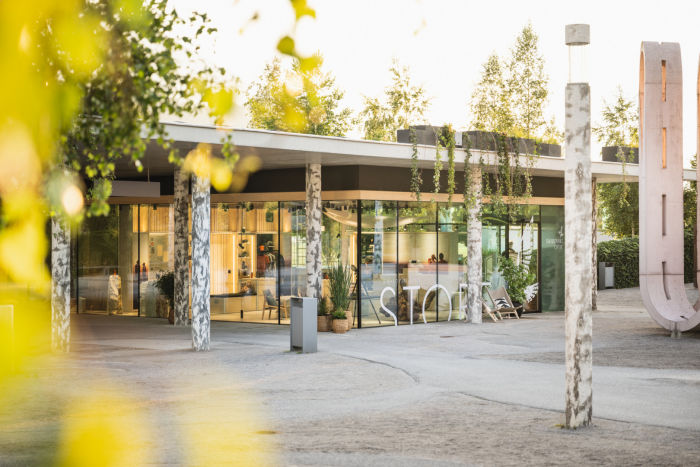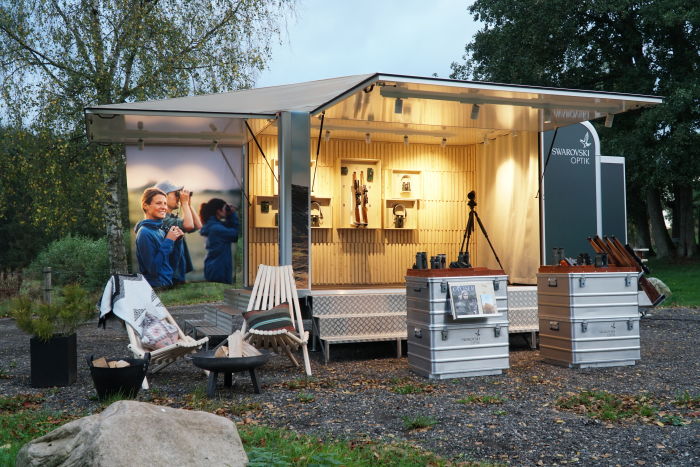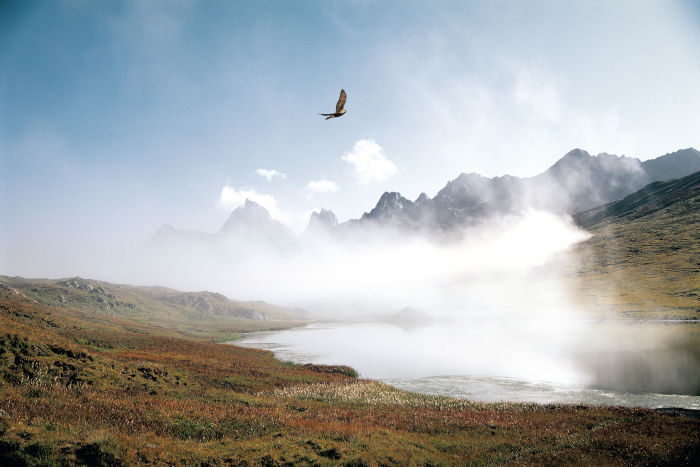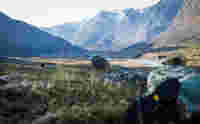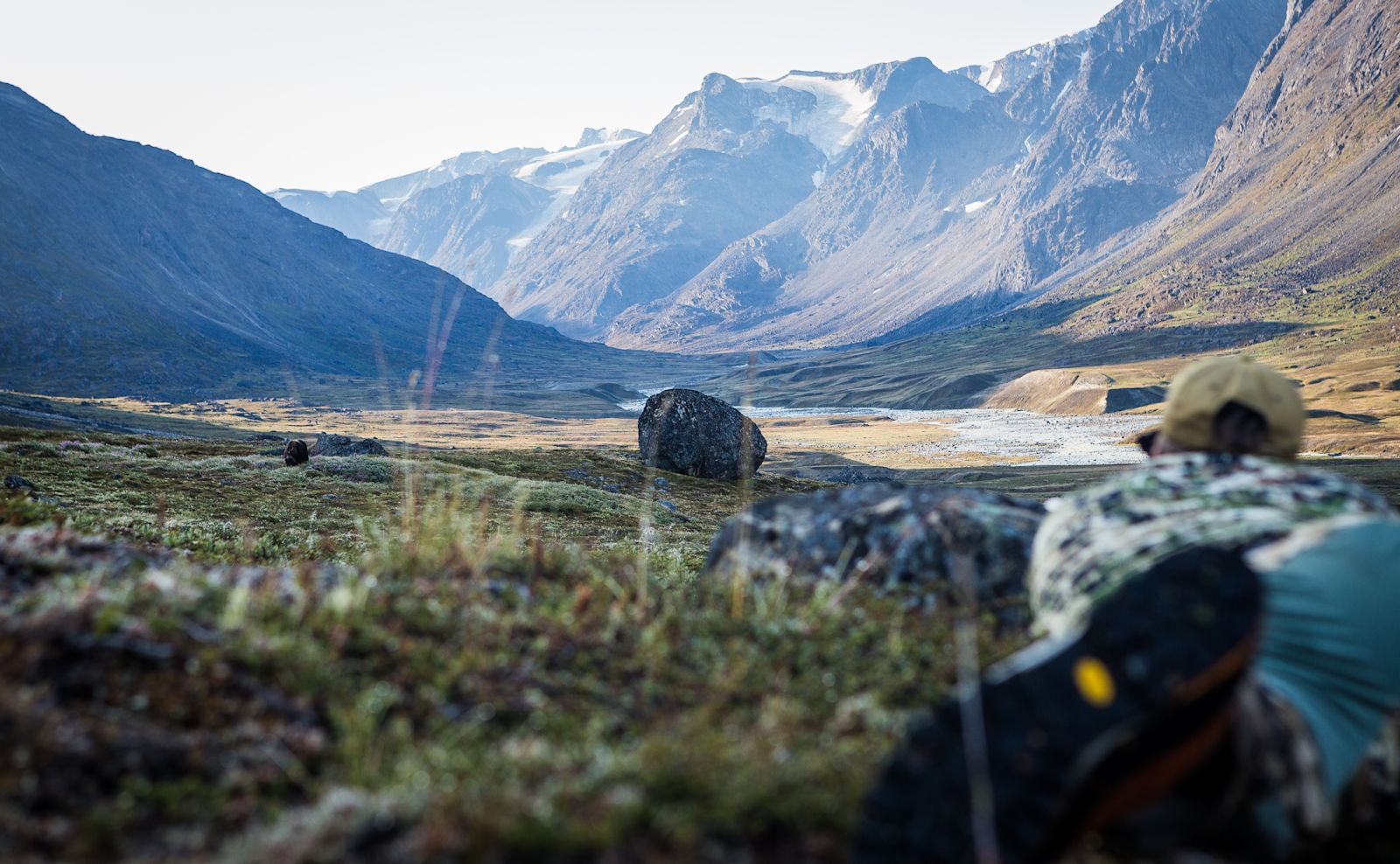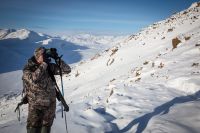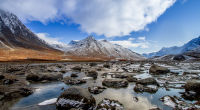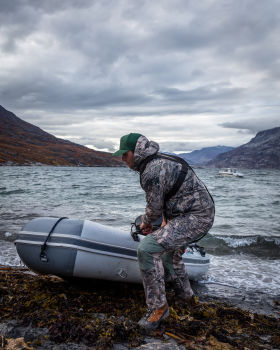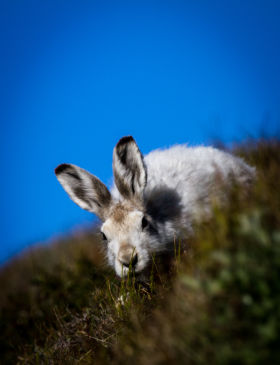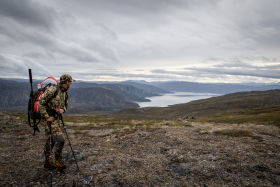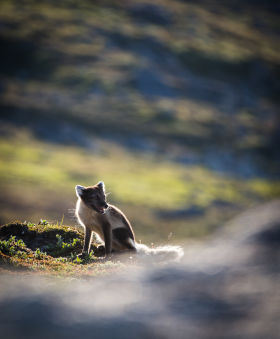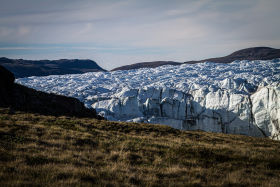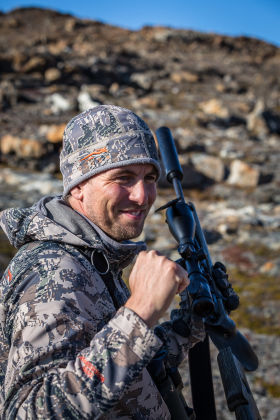In order to reach as far into the hunting area as possible, I left camp with my two buddies in the first morning light. Our goal was first and foremost to bring home some caribou meat, it was early in the season and our freezers were nearly empty. But with a license to shoot a summer musk ox in my pocket, there was always a tiny hope of meeting a group of musk oxen, even though this is rare in the coastal area. The day before our hunt, we had sailed a few hours into the fjords, to reach a large valley surrounded by glaciers. I had hunted in this valley once before, and have been fortunate enough to shoot a few caribous.
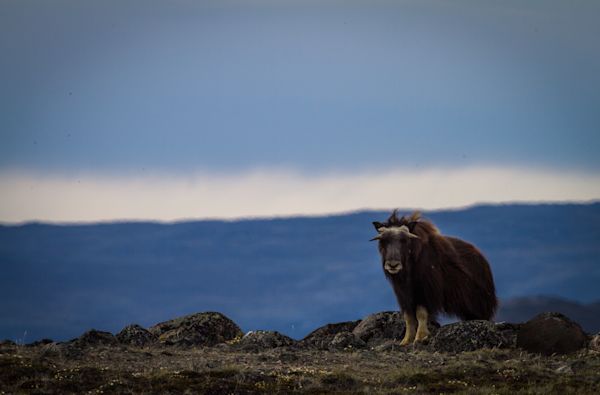
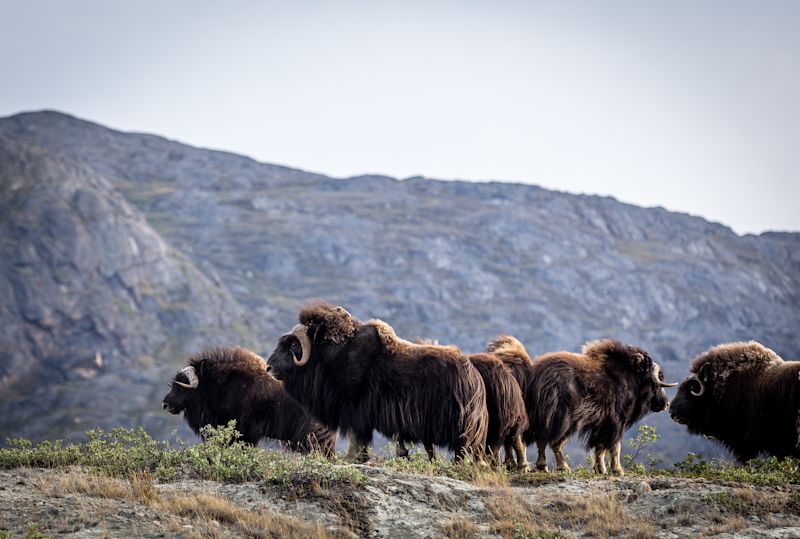
After hiking for about an hour, we reached a small ridge giving us a good view over the valley and the chance to observe the area with our binoculars. On the last stretch before we reached the ridge, we found tufts of the finest soft wool, or qiviut, as it is called in Greenlandic, in a willow bush – proof that there had been musk oxen in the valley this summer. Fresh droppings revealed that it was not long ago. The binoculars were diligently used from the ridge, and revealed a small herd of caribou a few miles into the valley. While we discussed how to approach the herd without scaring them, a large, dark silhouette suddenly appeared just a few hundred yards in front of us. There was no doubt it was a musk ox. A huge solitary bull that was slowly working his way toward us, feeding on the small willow bushes, unaware that he was being watched.
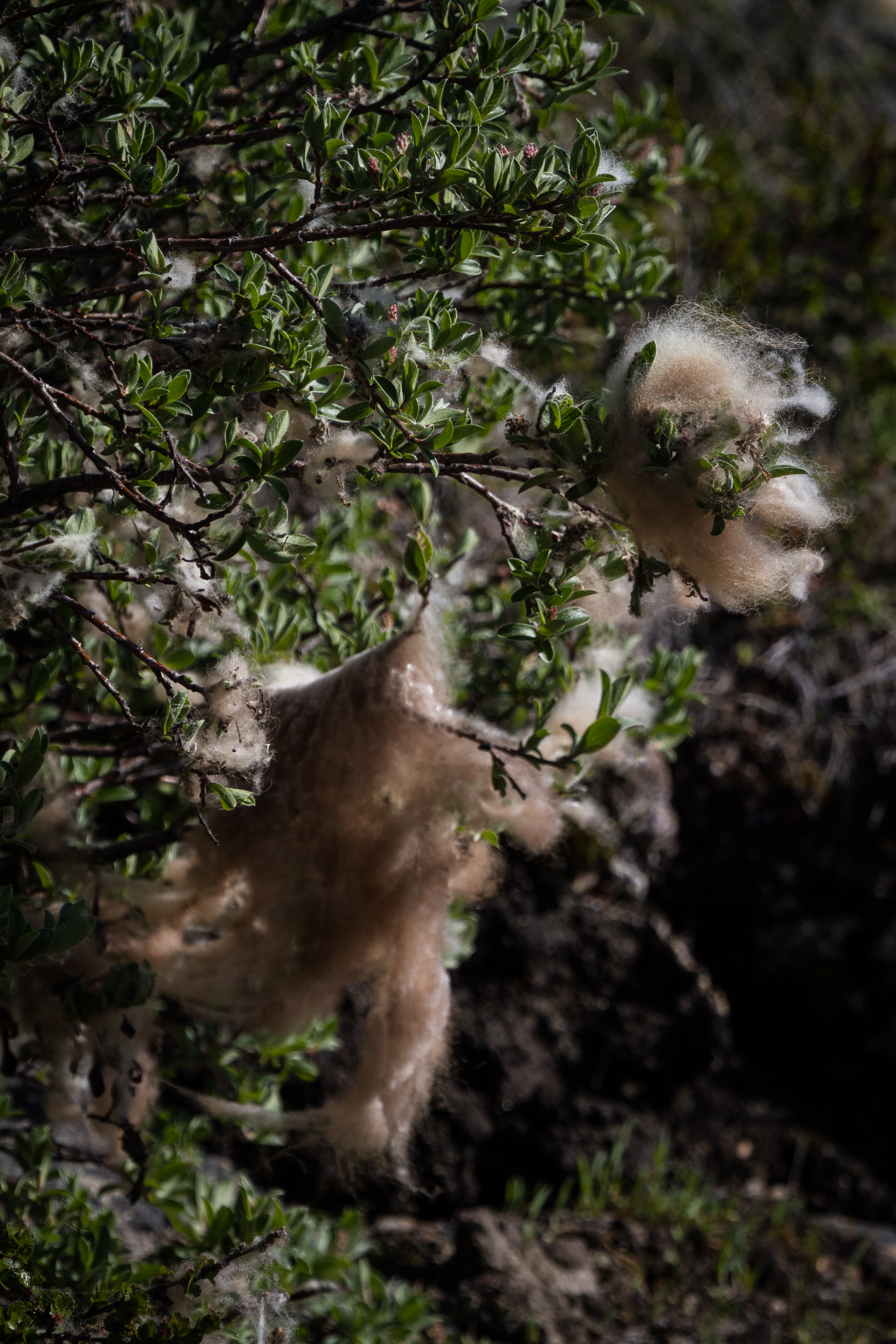
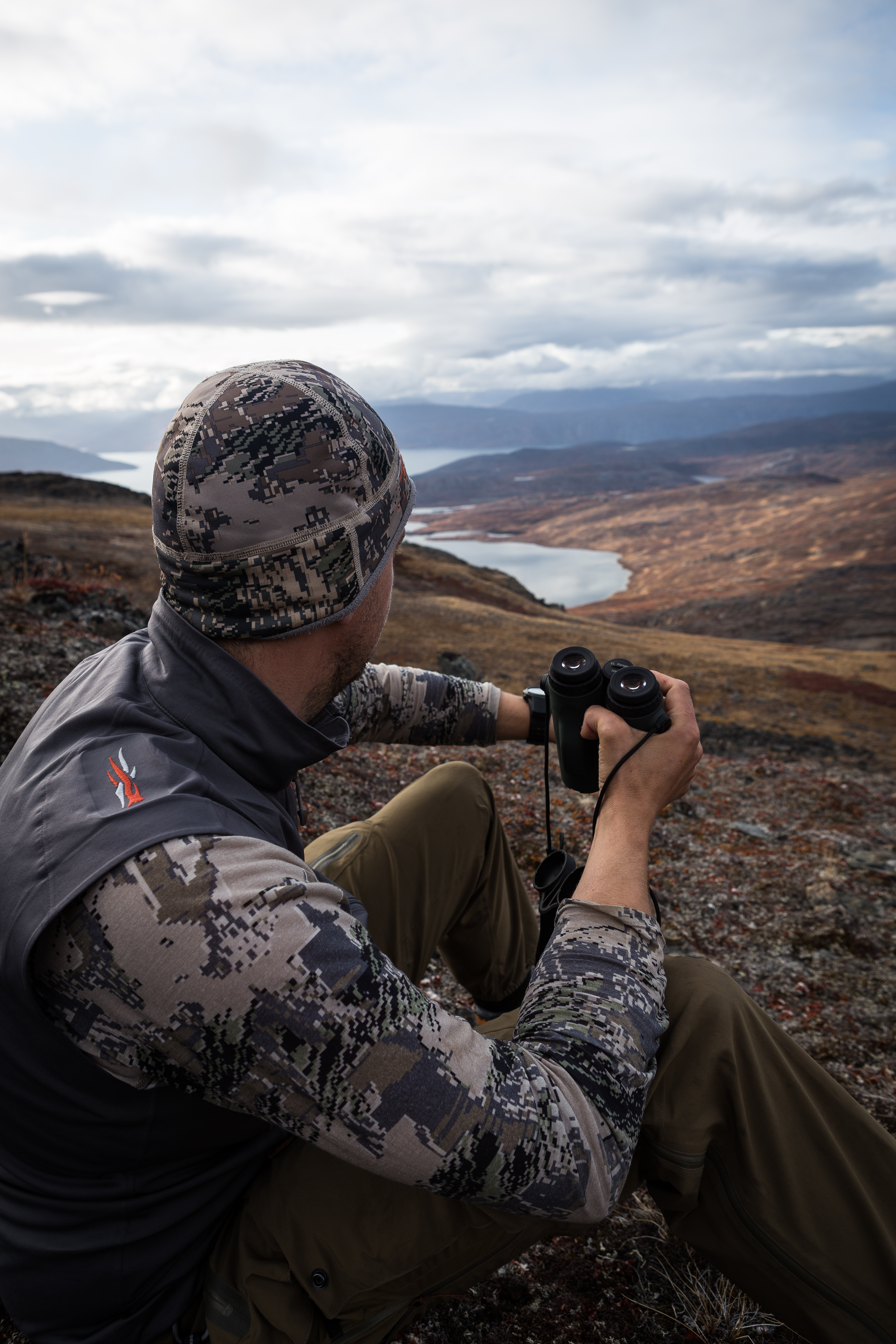
The wind was in our favor, the sun had risen, and our scent was taken by the wind up the mountainsides. It quickly became clear that it was certainly a bull worth spending my tag on. Slowly we got into position, preparing to shoot the bull when it stood broadside. A few minutes went by, and the large animal slowly approached. When he was about 100 meters (109 yards) away, he turned and stood perfectly broadside. The bright red dot within the riflescope found its place just behind the front leg. When the shot went off, the bull jumped forward, clearly hit, but without knowing by what. He took only a few steps before he stopped again, and my second bullet hit him. The bull turned around a few times before overturning in the low vegetation. And the valley went quiet again, except for the river a few hundred feet below. Seeing one of these prehistoric animals is a great experience, and the opportunity to hunt.
When hunting musk oxen, as well as in so many other forms of hunting, there is a huge amount of work after the shot itself. After admiring the big animal for half an hour, we started skinning and quartering it. Once it was divided and all the meat packed into gamebags, I set off for the boat with the first heavy load, while my friends continued further into the valley to look for the caribou herd. I had to make the trip four times to get all the meat back to the camp by boat. My friends didn’t succeed in getting within shooting range of the caribou herd further into the valley, but the atmosphere was good while we enjoyed a well-deserved dinner and went through the events from the morning over and over again. While I sat there, I let my mind wander back to my winter hunt two years earlier. Back then I didn’t have the same opportunity to let all the impressions sink in, but one feeling was exactly the same – I could feel every single muscle in my body when I laid down in the sleeping bag that night.
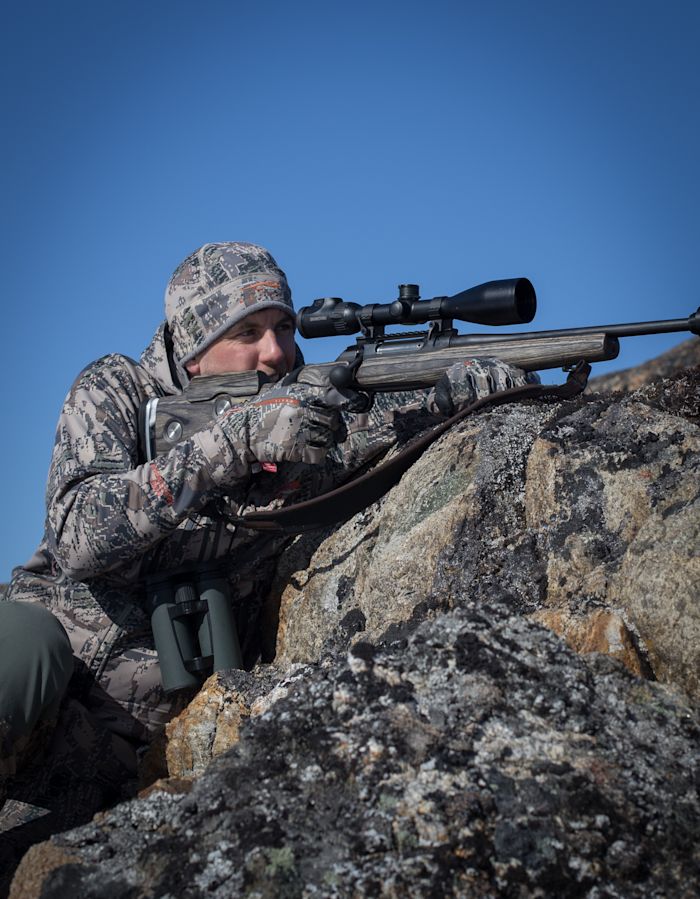
BINOCULARS
A lot of time is spent scouting for musk oxen on the endless tundra, so a good pair of binoculars is indispensable, preferably with a built-in rangefinder as it is difficult to judge distances in the open landscape without trees or other reference points.
RIFLE SCOPE
For the conditions you will meet in Greenland I suggest a light scope such as the Z6i 2.5-15x44 P BT.
SPOTTING SCOPE
I had the great pleasure of bringing my light ATS 65 spotting scope on my hunts, but it is not a must and often you will find a spotting scope in the camp.
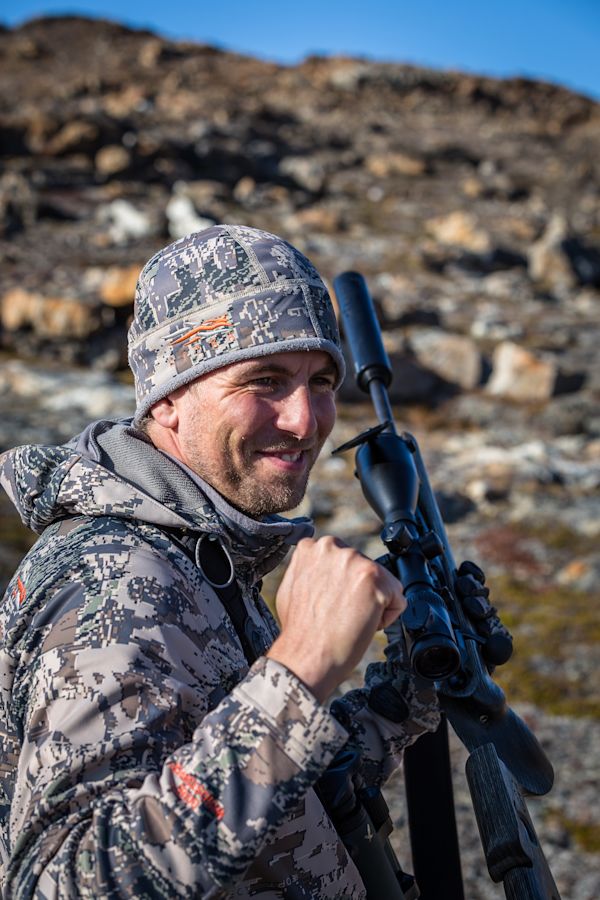
About the author
Malte Nyholt
Malte Nyholt is a Danish author and outdoor enthusiast. He has always had a great interest in nature and spent much of his childhood watching birds and wildlife. He started hunting at the age of 16 and has been hunting in most of northern Europe, as well as South Africa and New Zealand. He spent four years living in Greenland to follow his dream of hunting in the north. Malte works as a teacher and has been sharing his passion for the outdoors for over six years runs a smallthrough his project Nordica Outdoors, @nordicaoutdoors.
